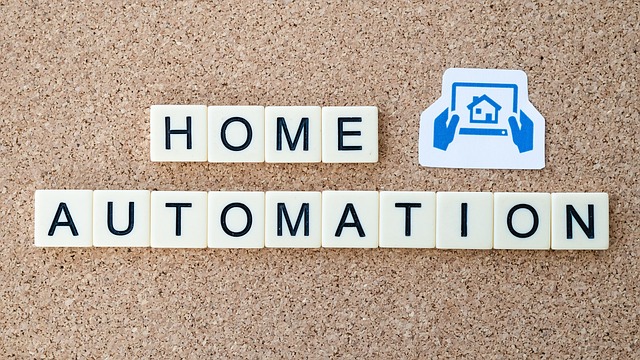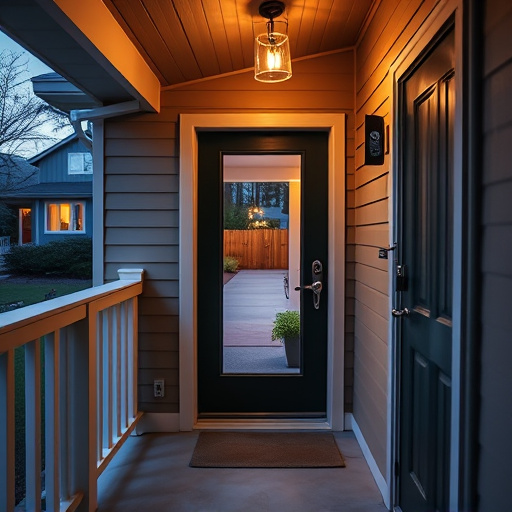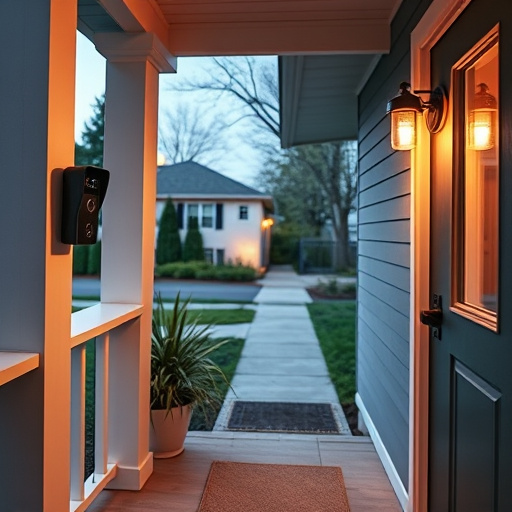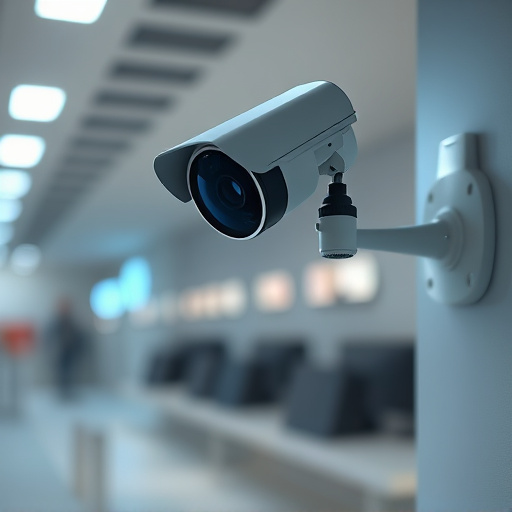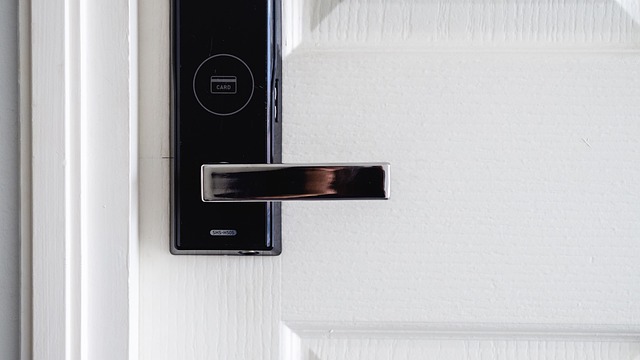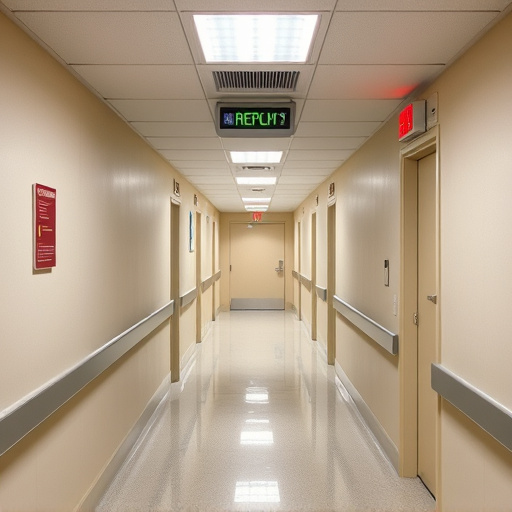Professional security monitoring offers 24/7 protection through video surveillance and immediate threat response, providing peace of mind. However, it involves significant costs and privacy concerns that require a thorough security service evaluation to weigh the home monitoring pros and cons. Benefits include enhanced safety, rapid response, remote access, and integration with smart home devices, while drawbacks may include false alarms, long-term contracts, and potential data access by third parties. A comprehensive assessment of monitoring service assessment, coverage area, and customer satisfaction is crucial for making an informed decision about professional security monitoring based on individual safety needs and budget.
Is investing in home security monitoring a smart move? With growing concerns about safety and rising crime rates, understanding professional security monitoring is crucial. This comprehensive guide explores the intricate world of home monitoring systems, weighing the pros and cons to help you make an informed decision. From evaluating security service providers to unlocking the advantages of investment, we assess the benefits and potential drawbacks. By the end, you’ll have a clearer picture of whether this service is worth your while.
- Understanding Professional Security Monitoring: A Comprehensive Overview
- Weighing the Pros and Cons of Home Monitoring Systems
- Evaluating Security Services: What to Look for in a Reliable Provider
- Unlocking Benefits: The Advantages of Investing in Home Security Monitoring
Understanding Professional Security Monitoring: A Comprehensive Overview

Professional security monitoring involves a comprehensive system where trained professionals keep a constant watch over your property. This includes 24/7 video surveillance, motion detection alerts, and immediate response to potential threats. The benefits of home monitoring are significant; it offers peace of mind by providing real-time protection against burglaries, fires, and other emergencies. Advanced systems can also detect unusual activities or behaviors, ensuring prompt action even when you’re away.
However, there are drawbacks to consider in a security service evaluation. Monitoring services often come with substantial costs, including installation fees, monthly subscriptions, and potential additional charges for advanced features. Privacy concerns are another factor; while professional monitoring enhances safety, it may also mean your activities and movements are recorded and shared with third parties. Assessing these home monitoring pros and cons is crucial before making an investment in a security service.
Weighing the Pros and Cons of Home Monitoring Systems

When considering if home security monitoring is a good investment, it’s essential to weigh both the benefits and drawbacks of professional security monitoring services. The clear advantages include enhanced peace of mind, immediate response to potential threats, and advanced protection beyond traditional alarm systems. Many modern monitoring services offer 24/7 monitoring, remote access through apps, and integration with smart home devices, providing comprehensive security solutions tailored to individual needs. This level of professionalism can significantly deter burglaries and enhance the overall safety of your property.
However, evaluating a monitoring service also involves considering certain drawbacks. Costs can vary widely between providers, and long-term contracts may be required for competitive rates. Additionally, false alarms can lead to unnecessary stress and potential fines from security companies. Privacy concerns are another factor, as some systems collect data that could potentially be accessed by third parties. It’s crucial to carefully assess each monitoring service through a security service evaluation, looking at factors like response time, coverage area, and customer satisfaction ratings to make an informed decision about whether home monitoring is the right investment for your specific situation.
Evaluating Security Services: What to Look for in a Reliable Provider

When evaluating security services, it’s crucial to consider several factors to ensure you choose a reliable provider that offers professional security monitoring. Look for companies with a proven track record and positive customer reviews. Verify that they employ skilled technicians who are well-trained in installing and maintaining surveillance equipment. Additionally, assess the types of monitoring options available—whether it’s basic video surveillance or more advanced packages that include motion sensors, door/window contacts, and environmental sensors.
Weighing the home monitoring pros and cons is essential. Benefits of a good security service include peace of mind, faster response times during emergencies, and potential savings on home insurance premiums. However, drawbacks such as monthly subscription costs and false alarms can add up over time. A thorough assessment of your specific needs, budget, and lifestyle will help guide your decision in selecting the best monitoring service for you.
Unlocking Benefits: The Advantages of Investing in Home Security Monitoring

Investing in professional security monitoring offers numerous advantages for homeowners looking to enhance their safety and peace of mind. One of the key benefits is the 24/7 protection it provides, ensuring your home is constantly under watchful eyes, even when you’re away. This real-time monitoring can deter potential intruders and provide valuable time for emergency services to respond. Advanced systems also offer remote access, allowing homeowners to keep an eye on their property via live feeds and alerts, which is particularly useful for travelers or those with busy schedules.
When considering the pros and cons of home monitoring services, it’s essential to evaluate the specific features and packages offered by different security companies. The benefits include improved response times during emergencies, automatic alert systems, and advanced technology such as motion sensors and glass break detectors. However, drawbacks like false alarms, additional costs for professional installation or monitoring fees, and privacy concerns related to remote access should also be assessed through a thorough security service evaluation. Understanding these aspects helps in making an informed decision about investing in home security monitoring.
